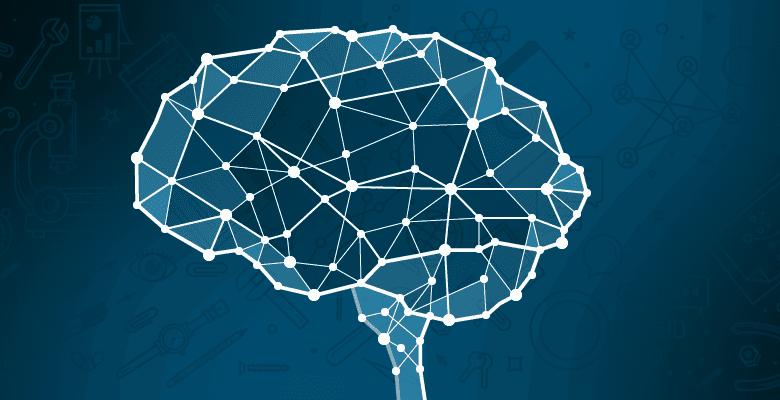
Now we know which aspects of the digital PR process we shouldn’t be using AI, what are the best practices we can keep in mind moving forward to ensure our use of AI doesn’t affect our work?
Be transparent
If you’ve put together a digital PR campaign, it’s always best practice to have a very clear methodology that states precisely how the project was put together. This gives journalists more information to help them ask the right questions.
AI should be looked at just like any other tool. If you’ve used it in a campaign, be clear about where and how it was used. This builds trust with journalists and your audience instead of trying to hide how it has benefited your campaign.
Use it to improve, not replace
One of the biggest criticisms of AI is that it will eventually replace workers in specific jobs or tasks. It should be used to help nudge you in the right direction, speed up processes, or clarify something. AI shouldn’t be used to replace anyone or any full task.
If you get to a position where you ask yourself, “Should I pay for someone to do this for me, or shall I get a watered-down version from AI?,” hopefully, you should already know the answer.
Don’t let it affect quality
AI should never, ever, ever get in the way of the quality of your work. Everything you ask an AI to do should be checked or rewritten to ensure your work’s quality is as high, if not higher than before you started using it. Don’t cut corners.
Check for plagiarism and copyright issues
As AI is a trained model that takes existing information, content, and images to create something new (much like the human mind), it’s important to understand where these influences come from. More often than not, AI will plagiarize content, and you’d better double-check the information it gives you before you have a lawsuit on your hands.
The importance of a human touch
In the field of PR, the human touch remains essential and irreplaceable, especially as AI becomes more prevalent. AI should be seen as a valuable tool to complement human expertise rather than a replacement. Humans bring unique qualities to PR that AI simply can’t replicate, and that’s where our power is.
One area where humans excel is in creativity and emotional intelligence. Crafting compelling narratives and connecting with audiences on an emotional level are skills that humans excel at. Relationships in PR thrive on authenticity, empathy, and adaptability, qualities inherent to humans. While AI can automate tasks, it can’t establish genuine, trust-based relationships.
As long as we still value human interaction, AI will never replace the PR profession.
To achieve a balance and make sure you’re not being left behind, PR professionals should blend AI and human involvement. AI can analyze data and identify trends quickly, providing insights that humans can use to make strategic decisions. Content creation can start with AI-generated drafts, which humans can then refine with creativity and context.
By harnessing AI’s strengths alongside human intuition, PR can adapt to the digital age while maintaining authenticity and emotional resonance, ensuring that the human touch remains at its core.






